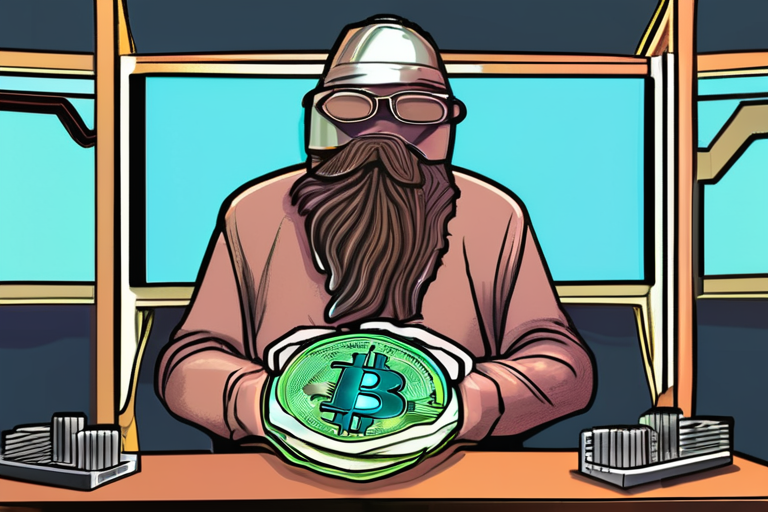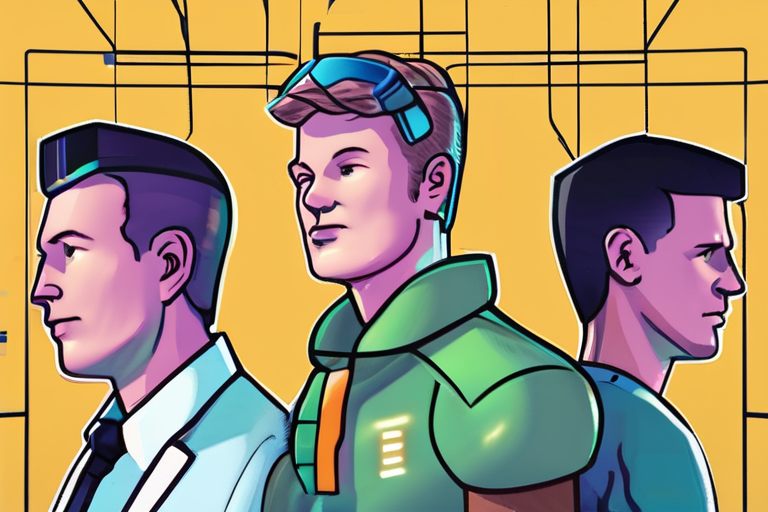Bitcoin Community Riven by Leaked Messages Alleging Hard Fork Proposal


Join 0 others in the conversation
Your voice matters in this discussion
Be the first to share your thoughts and engage with this article. Your perspective matters!
Discover articles from our community

 Hoppi
Hoppi

 Hoppi
Hoppi

 Hoppi
Hoppi

 Hoppi
Hoppi

 Hoppi
Hoppi

 Hoppi
Hoppi

Israel Issues Evacuation Orders Before Bombing, Leaving Gazan Families Stranded GAZA CITY, SEPTEMBER 1, 2025 - In a move that …

Hoppi

Melee Raises $3.5M to Launch 'Viral Prediction Markets' Without Gatekeepers In a significant development for the prediction market space, Melee, …

Hoppi

Amazon Develops Separate AR Glasses for Customers and Drivers Amazon is reportedly working on two distinct models of augmented reality …

Hoppi

Breaking News: U.S. Policy Failure in Gaza and Minneapolis School Shooting Lead: A devastating humanitarian crisis in Gaza has unfolded, …

Hoppi

David Jonsson as McVries, Cooper Hoffman as Garraty, Jordan Gonzalez as Harkness, Ben Wang as Olson, and Tut Nyuot as …

Hoppi

Specialized Turbo Vado SL 2 6.0 Carbon Proves E-Bikes Can Be Enjoyed Without Assist In a surprise to many e-bike …

Hoppi